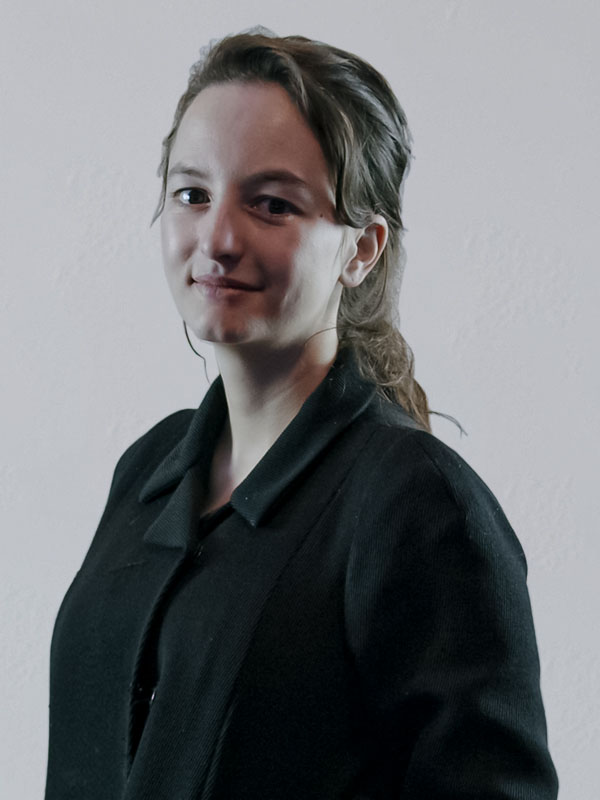Remote monitoring of physiological signals to diagnose cardiovascular conditions
My Topol fellowship problem / project:
According to the World Health Organisation,17.9 million people died from Cardiovascular Diseases (CVDs) in 2019, representing 32% of all global deaths. Most of this disease can be prevented by addressing behavioural risk factors such as tobacco use, unhealthy diet and obesity, physical inactivity and harmful use of alcohol.
It is important to detect cardiovascular disease as early as possible so that management with counselling and medicines can begin. Late diagnosis worsens patients’ prognoses and increases costs for health systems, primarily through avoidable hospital admission. Therefore, there is a need for inexpensive and practical point- of-care screening and home monitoring devices which can detect CVDs at their onset.
During the fellowship, I aim to validate and deploy a device which can acquire physiological signals of turbulent blood flow in a non contactless, non invasive manner, cheap and quick manner. A complimentary AI aided software will identify the onset of CVDs diseases.
This project will allow to cheaply screen and thus prevent CVDs so decrease mortality rates and associated economic impacts by reducing treatment costs before a significant amount of vascular damage occurs.
About me
I am an AI Engineer working in the clinical scientific computing team at Guy’s and St Thomas’ NHS Trust. Our team’s purpose is to build and deploy medical software for routine medical care.
Prior to joining the NHS, I did a PhD on AI assisted healthcare monitoring technologies.
My main interests are to innovate the current healthcare landscape to empower individuals to take charge of their own health and improve the efficiency of NHS workflows through digital health.

